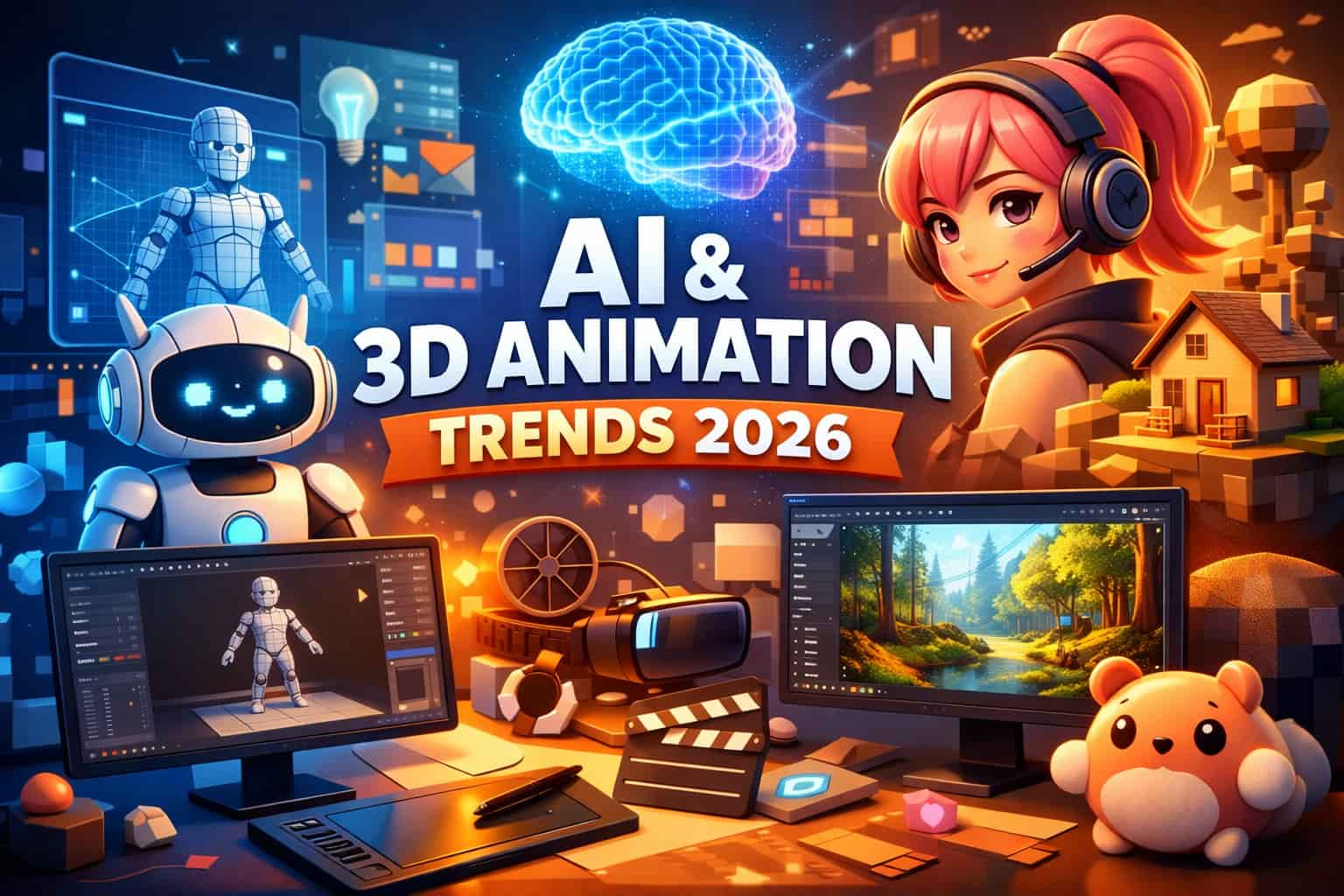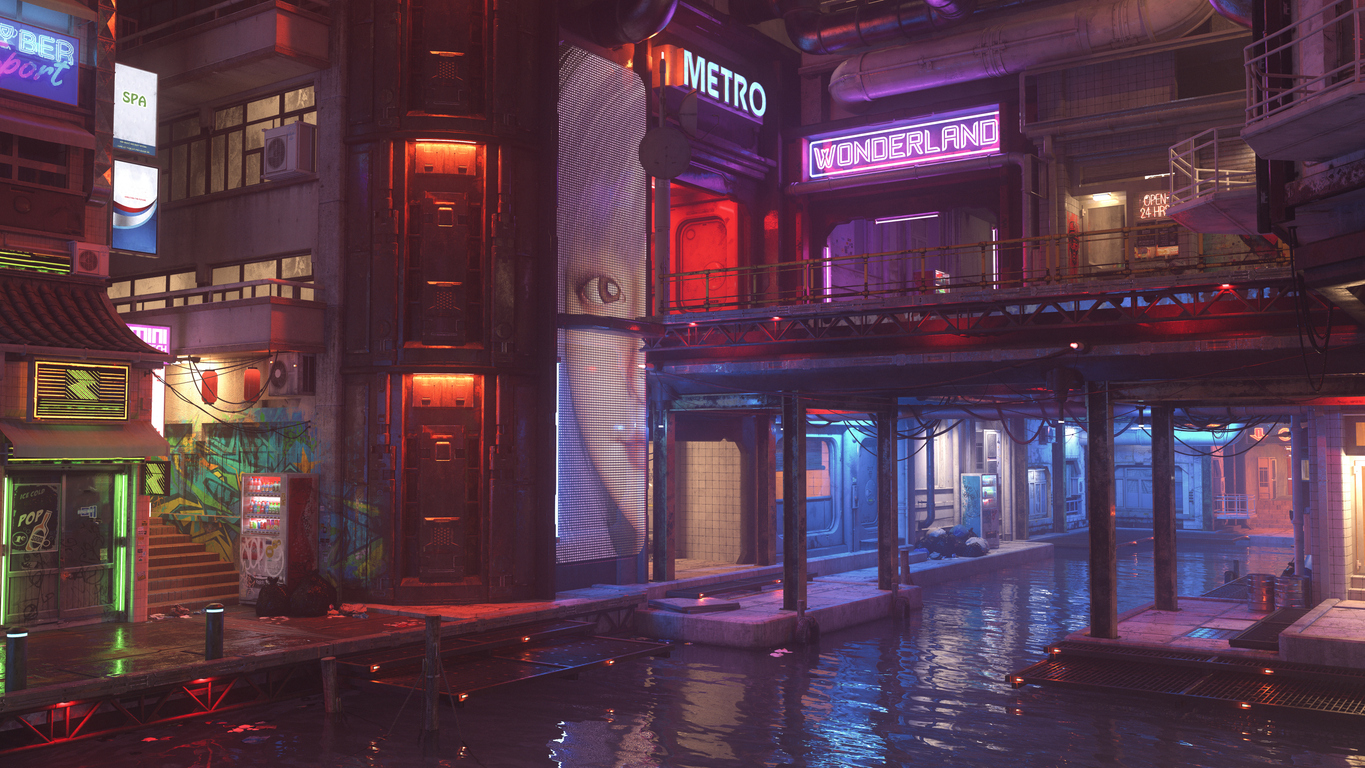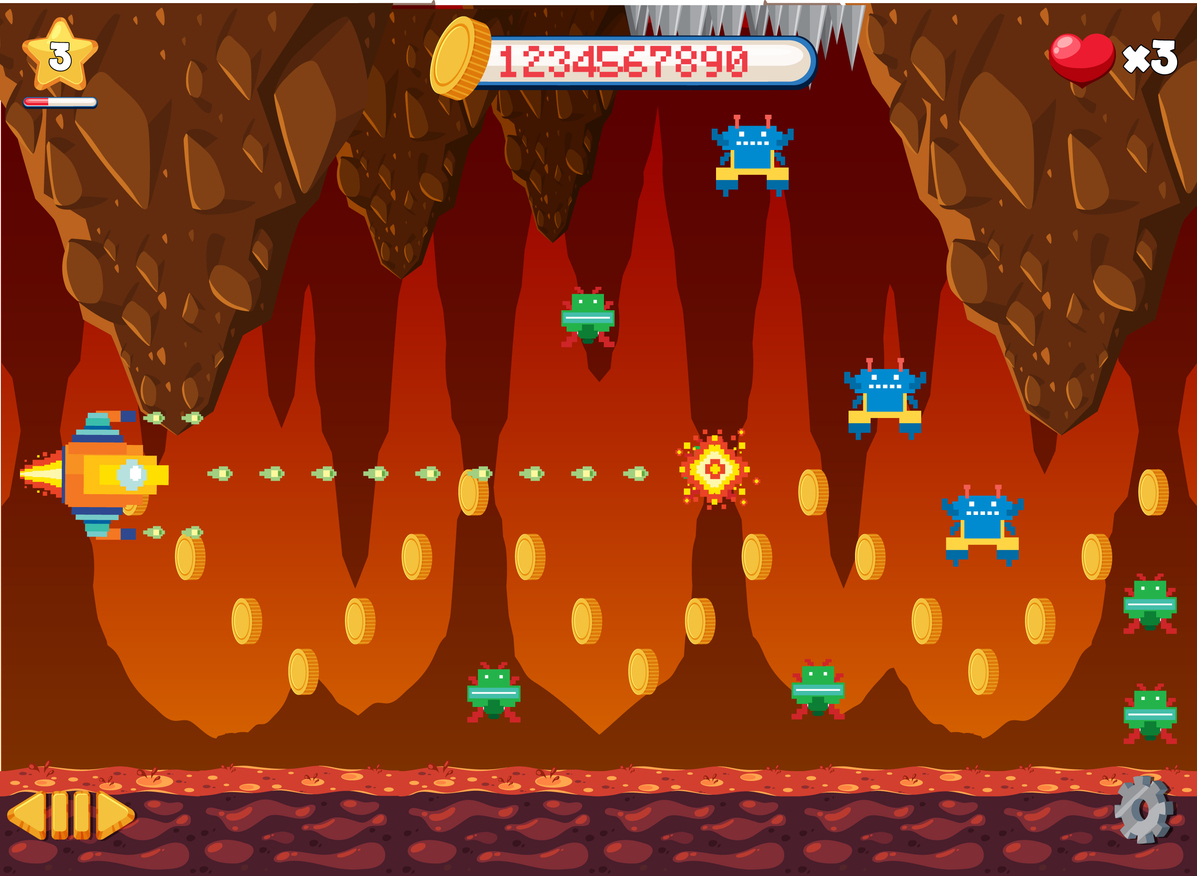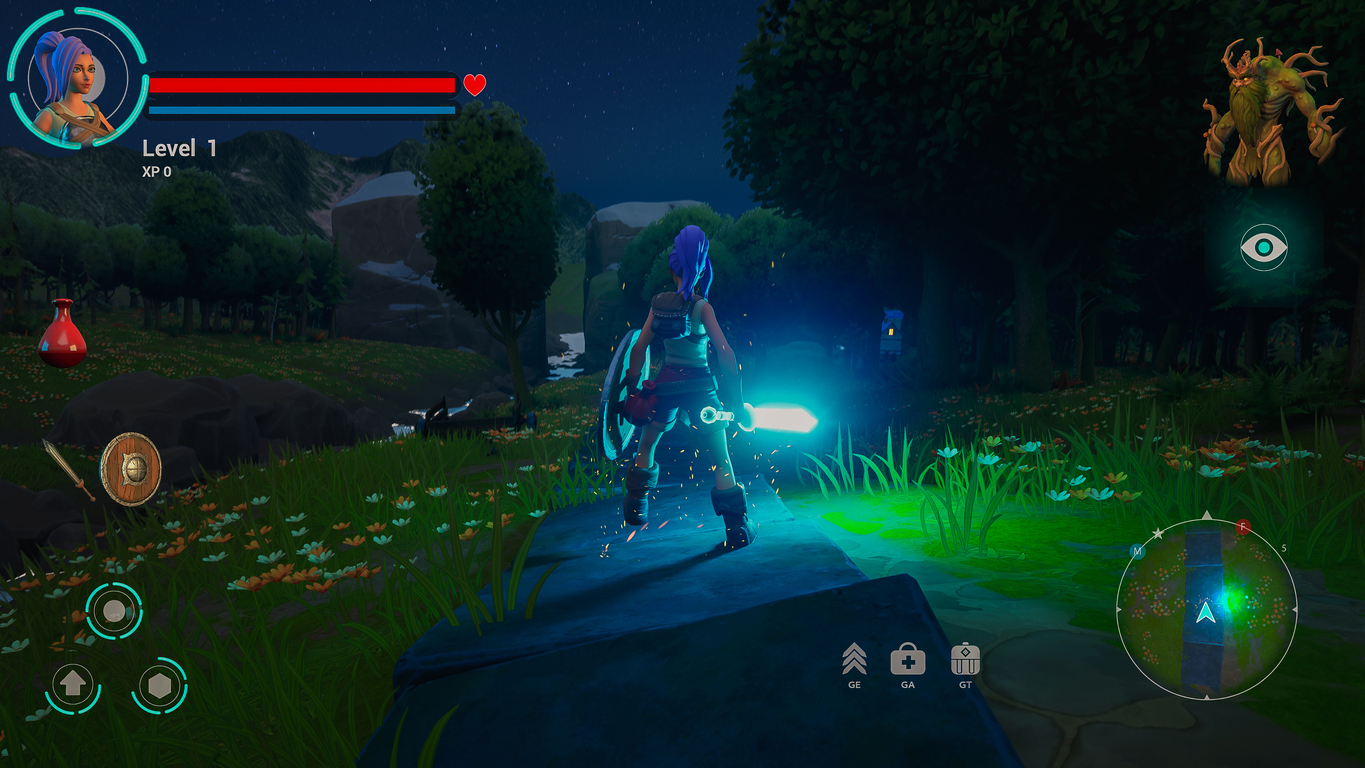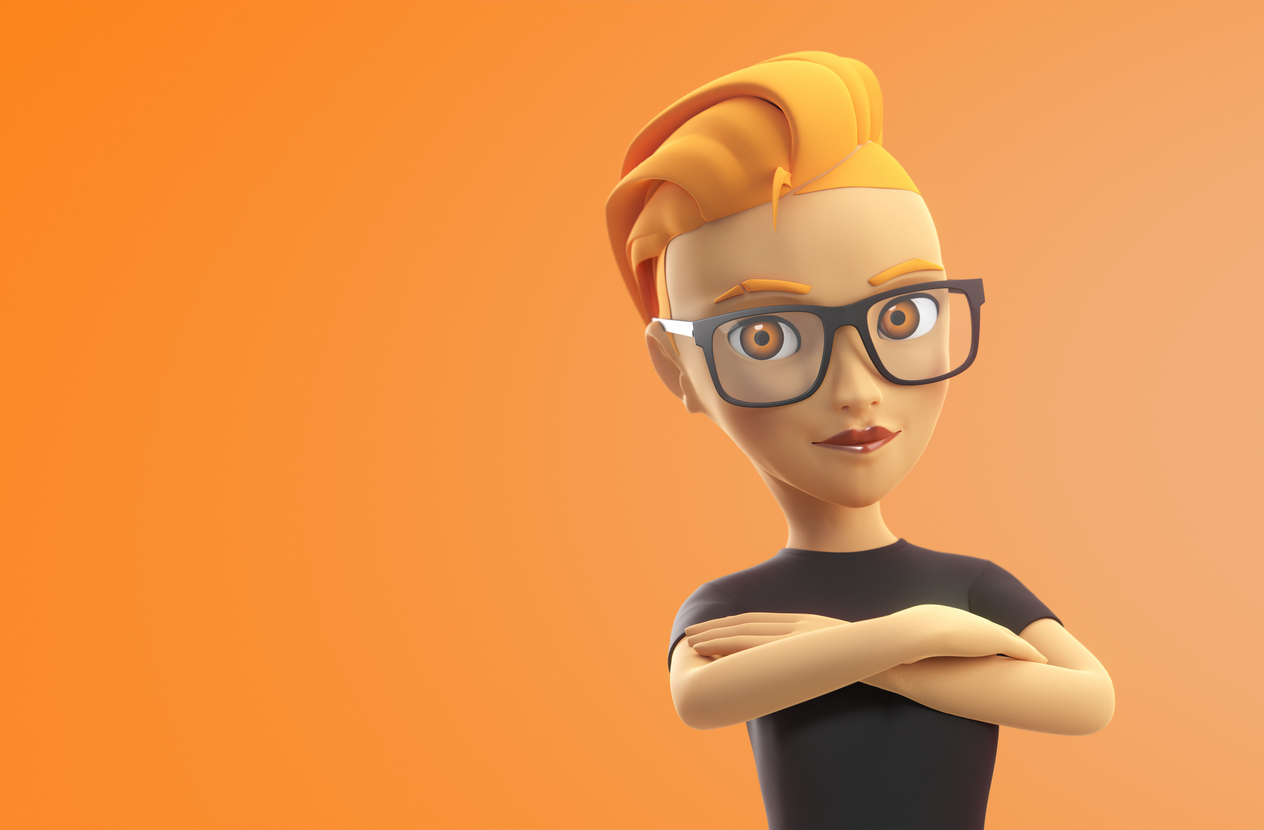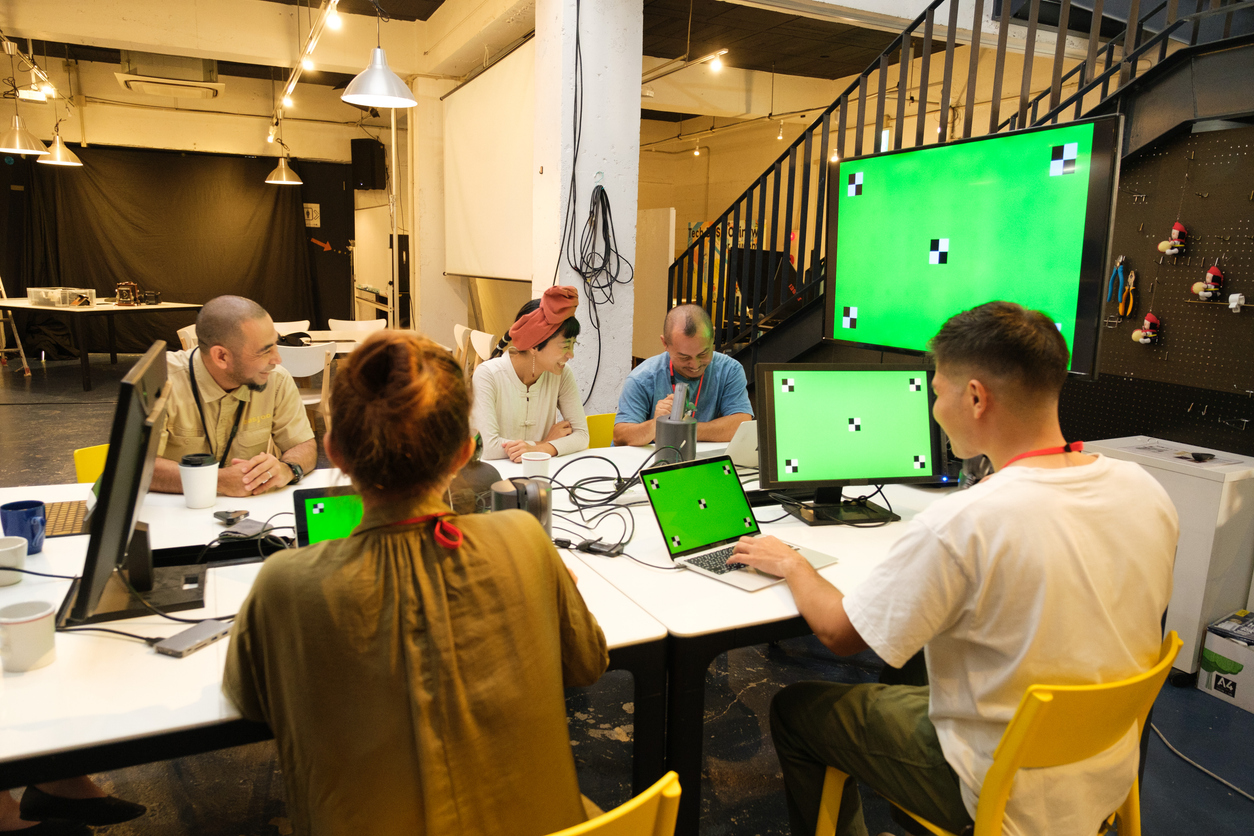If you’ve ever wondered what gives modern video games their power, speed, and realism, there’s one programming language that quietly makes it all happen behind the scenes: C++. From visually stunning open-world adventures to fast-paced shooters, C++ is the backbone of the gaming industry.
But why do game developers keep turning to C++ after all these years? Let’s unpack how C++ is used in game development, what makes it so special, and how you can start learning the language through structured programs like VCAD Game Development and Design Diploma.
Why C++ Is Still a Big Deal in Game Development
Game development is one of the most technically demanding creative industries out there. Every frame, every character animation, every explosion you see on screen needs to happen in real time. There’s no room for lag, and that’s exactly where C++ shines.
C++ is fast, efficient, and gives developers direct control over the hardware. It allows them to squeeze every bit of performance out of a console, computer, or even a phone. It doesn’t rely on heavy background systems that can slow down performance. Instead, it gives developers the freedom to manage how memory and resources are used, and that level of precision is essential when you’re building complex, high-performance games.
That’s one of the biggest reasons top studios like Rockstar, Ubisoft, and CD Projekt Red continue to build their biggest titles using C++ as their foundation.
What Makes C++ Perfect for Games
So what is it about C++ that makes it so good for game development? It comes down to a few key strengths.
1. Speed and Performance
C++ is a compiled language, meaning the code you write is turned directly into machine instructions that a computer can run. That results in lightning-fast performance. Games need to run at high frame rates without hiccups, and C++ helps make that possible.
2. Memory Management
Unlike languages that handle memory automatically, C++ gives developers the power to decide exactly when and how memory is used. That kind of control is critical for avoiding performance drops and ensuring the game runs smoothly even during complex scenes.
3. Hardware Access
C++ lets developers work closely with hardware components like graphics cards and processors. That’s how modern games can render realistic lighting, simulate complex physics, and handle massive worlds seamlessly.
4. Flexibility and Scalability
From tiny indie projects to massive AAA titles, C++ can scale. It’s used to build the core systems of game engines like Unreal Engine, Unity, CryEngine, and more. Developers can write both high-level gameplay features and low-level performance code within the same language.
How C++ Is Actually Used in Game Development
C++ plays multiple roles across different parts of the game development process. Let’s look at where it fits in.
Building Game Engines
Most major game engines — the software frameworks that power modern games — are built using C++. Engines like Unreal Engine, CryEngine, and id Tech are all written in C++ because of the language’s unmatched speed and efficiency.
These engines handle everything from rendering 3D graphics to simulating physics and managing input from players. Developers who know C++ can dive into these engines, customize them, and even create their own systems.
Creating Gameplay Systems
Once the engine is built, C++ is also used to create gameplay systems — the parts of the game that make it come alive. That includes everything from player movement and combat to AI behaviour and environmental interaction.
In many studios, scripting languages like Python or C# are used for quick gameplay tweaks, but the heavy lifting still happens in C++. That’s why learning C++ gives you a deeper understanding of how games really work under the surface.
Handling Graphics and Physics
C++ interacts directly with graphics libraries such as DirectX, Vulkan, and OpenGL, which are responsible for rendering visuals on the screen. It’s also used for physics engines like Bullet or PhysX, which simulate realistic movement, collisions, and object dynamics.
Cross-Platform Development
Games today are built for multiple platforms, PC, consoles, and mobile. C++ makes it easier to write a single codebase that can be compiled for different devices while maintaining performance. That’s one of its biggest advantages over other languages.
The Advantages of Learning C++ as a Game Developer
If you’re serious about building a career in game development, learning C++ is one of the smartest investments you can make. Here’s why.
- You’ll understand how games actually work. Knowing C++ means you can go beyond visual editors and understand what’s happening in the engine itself.
- You’ll be ready for industry-level tools. Unreal Engine, one of the most popular tools in the industry, runs almost entirely on C++.
- You’ll be in demand. Studios everywhere need developers who can handle performance-critical systems.
- You’ll gain transferable skills. C++ knowledge applies not only to gaming but also to simulation, robotics, and virtual reality development.
The Challenges of Using C++
C++ gives you power, but with that comes responsibility. It has a steeper learning curve than some other languages, especially when it comes to managing memory and debugging errors. Mistakes in C++ can cause crashes or performance issues if you’re not careful.
That’s why structured learning is so important. Instead of trying to piece things together through random tutorials, learning within a guided environment helps you understand the language properly, and apply it to real game projects.
Learn C++ the Right Way with VCAD Diploma Program
Here’s where a program like VCAD Game Development and Design Diploma can make a real difference.
This diploma is designed for people who want to turn their passion for gaming into a career. You don’t just learn how to code, you learn how to think like a game developer. The program combines art, design, and technical training so you can create games from concept to completion.
You’ll study everything from C++ programming and game logic to 3D modelling, animation, and level design. You’ll also work with industry-standard software tools that professionals use every day, such as Unreal Engine and Autodesk Maya.
One of the best parts? You’ll graduate with a professional-quality portfolio which is something every game studio looks for when hiring new developers.
And because the program is available online, you can study from anywhere in Canada while getting the same hands-on, instructor-led experience that VCAD is known for.
C++ in the Real World: Industry Examples
If you’ve ever played Fortnite, Assassin’s Creed, or The Witcher 3, you’ve experienced the power of C++ firsthand. These games rely on custom C++ engines that manage everything from world generation to lighting and physics.
Even engines like Unity, which primarily use C# for scripting, are written in C++ underneath. That’s how deeply integrated the language is into game development.
In short, C++ isn’t just “a” language for games; it’s the language that drives nearly everything behind the scenes.
What Students Learn at VCAD
At VCAD, game development students dive deep into the core principles of programming, art, and design. You’ll learn:
- Programming in C++ and scripting languages
- 3D modelling and texturing for games
- Game engine integration
- Level design and user interaction
- Animation and lighting techniques
- Team collaboration and project management
By the end of the program, you’ll have the skills to work as a Game Designer, Programmer, 3D Artist, or Level Designer. You’ll also have the technical foundation to adapt to new tools and engines as the industry evolves.
Final Thoughts
C++ has powered the gaming world for decades, and it’s still the engine that keeps it running. It gives developers the control, flexibility, and performance they need to bring digital worlds to life.
If you’re ready to learn how games are really made — from the code to the characters — consider taking the next step with VCAD Game Development and Design Diploma. It’s where creativity meets technology, and where your future in the game industry begins.
